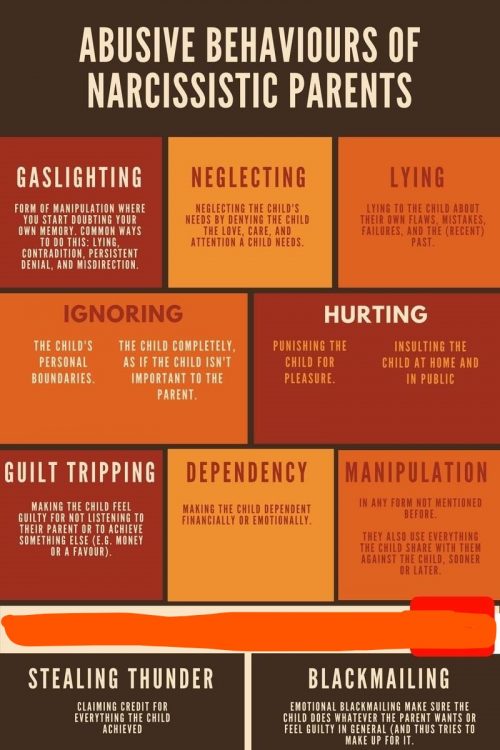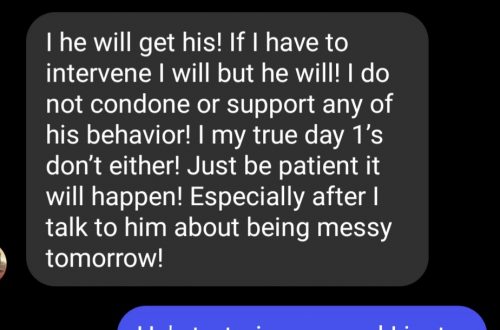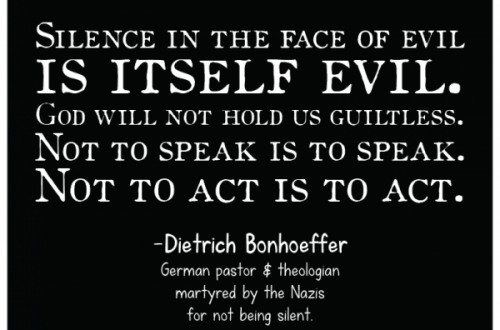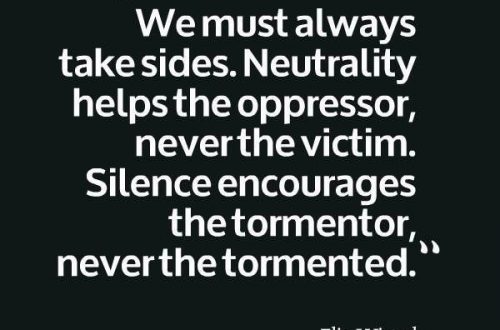
When The Narcissist’s Daughter Attempts to Speak Out
When an individual bravely decides to speak out against a narcissist, they are often met with a vehement backlash. This retaliation typically takes the form of gaslighting, a manipulative tactic used to distort and undermine the victim’s perception of reality, making them doubt their own memory, perception, or sanity. The narcissist’s arsenal often includes ‘flying monkeys’ – a term derived from ‘The Wizard of Oz’ – which refers to people who are unwittingly recruited by the narcissist to help discredit and intimidate the victim. These enablers act as extensions of the narcissist, furthering their agenda of control and manipulation.
The situation becomes even more complex and emotionally charged when the person speaking out is a child of the narcissist. Children, even when they become adults, may face a particularly insidious form of manipulation. Initially, they might be subjected to the silent treatment, a passive-aggressive form of emotional abuse where the narcissistic parent refuses to communicate or engage, effectively punishing the child for their defiance. This silent treatment is often punctuated with bursts of threats and intimidation, designed to instill fear and compliance.
However, this strategy can quickly shift to ‘love bombing,’ especially if the narcissist feels the need for damage control. This phase involves showering the child with gifts, affection, or even money – a form of ‘hush money’ – in an attempt to mend the relationship superficially. This sudden switch from hostility to affection is a calculated move to manipulate the child’s emotions, creating a confusing, disorienting rollercoaster that blurs the lines between love and abuse.
This emotional manipulation can leave deep scars, as children (and adult children) of narcissists often struggle with a continual state of confusion and doubt about their parent’s true feelings towards them. The unpredictability and conditional nature of the narcissist’s affection can lead to long-term emotional and psychological distress.
It is crucial, therefore, to protect not only oneself but also any children who may be caught in this destructive cycle. Exposing these manipulative behaviors is essential in breaking the cycle of abuse. This may involve seeking professional help, building a support system outside the family, and fostering open, honest communication with children about healthy relationships and emotional well-being.
Remember, confronting a narcissist is not just about addressing individual instances of abuse, but dismantling a complex system of control and manipulation. It requires courage, resilience, and a supportive community to navigate this challenging journey and to protect and heal those impacted by narcissistic abuse.
In the disturbing dynamic of narcissistic abuse, ‘flying monkeys’ – those who are swayed or manipulated by the abuser – often play a pivotal role in perpetuating the cycle of abuse. In cases like Derek’s, these enablers can become complicit in the abuse, consciously or unconsciously justifying his actions and effectively giving him a free pass. This phenomenon is not just a failure of moral judgment but a complex interplay of denial, manipulation, and misplaced loyalty.
These enablers, while appearing to show concern for the victim, in this case, Derek’s daughter, often fall short of taking any concrete action to hold the abuser accountable. Their superficial expressions of care serve only to mask their inaction and further invalidate the victim’s experience. This lack of genuine support and accountability allows the abuser to continue their behavior unchecked, often with increasing boldness.
The silence of those who are aware of the abuse, coupled with the active support of enablers, creates an environment where the abuser feels empowered to continue their harmful actions. This scenario is tragically common, where evidence and testimonies against the abuser are overshadowed by the irrational and unfounded loyalty of their supporters. This behavior by the enablers can seem incomprehensible, bordering on insanity, given the clear evidence of abuse.
This situation underscores the crucial importance of breaking the silence surrounding abuse and challenging the enablers’ narratives. It is a call to action for individuals in the community to stand up against such injustice, to offer unwavering support to the victims, and to hold abusers accountable for their actions. It also highlights the need for broader societal and cultural changes, where enablers are made aware of their complicity and are encouraged to reevaluate their stance.
In combating narcissistic abuse, it is essential to recognize that the battle is not only against the abuser but also against a network of enablers and a culture of silence. Awareness, education, and a collective commitment to support victims and challenge enablers are vital in this fight against abuse. Only through such concerted efforts can the cycle of abuse be broken, giving voice and justice to the victims.
In the heart-wrenching saga of Kyra, a young woman attempting to break the silence surrounding her traumatic experiences, we see the stark realities faced by survivors of abuse when they try to speak out. Her efforts to use platforms like TikTok to share her story highlight a courageous yet often overlooked cry for help and acknowledgment. Tragically, the response – or lack thereof – from those who claim to care for her reveals a disturbing aspect of societal behavior towards abuse survivors. Rather than receiving support and understanding, Kyra’s pleas were met with indifference, even by those closest to her.
This neglect is compounded by the actions of certain individuals who, rather than aiding Kyra, choose to focus their energies on discrediting and silencing other voices, like mine, who dare to speak out. This behavior is not just toxic; it’s a deliberate act of perpetuating the cycle of abuse and trauma. It’s a stark reminder of how enablers of abuse often prioritize their own interests or the abuser’s narrative over the welfare of the victim.
The disturbing details shared about Kyra’s experiences within her family – the physical abuse, the harrowing threats, and even the abhorrent act of violence against a family pet – paint a picture of a deeply troubled environment. What is equally troubling is the response of those who should have been her protectors. Her aunt, despite acknowledging the toxic and dangerous nature of the home environment, ultimately chose to support the abuser, dismissing Kyra’s legitimate grievances as mere childish misbehavior. Similarly, her mother, despite being a victim herself and aware of the severity of the abuse, failed to take a definitive stand against the perpetrator. This betrayal not only exacerbates Kyra’s trauma but also emboldens the abuser, reinforcing his destructive behavior.
These actions, or lack thereof, by the adults in Kyra’s life are not just failures of individual responsibility; they reflect a broader societal issue where the voices of abuse survivors are often ignored, doubted, or silenced. It underscores the necessity for a more supportive and responsive community that listens to and believes survivors, providing them with the necessary resources and support to heal and seek justice.
My prayer for Kyra, and for all those in similar situations, is for their voices to be heard and their stories to be acknowledged. May they find the strength and courage to stand up against the injustices they have endured. I hope for a future where Kyra, and others like her, receive the justice they deserve and realize their inherent worth and strength. It is a call to all of us to be vigilant, supportive, and proactive in helping survivors of abuse find their voice and their path to healing.





One Comment
Pingback: